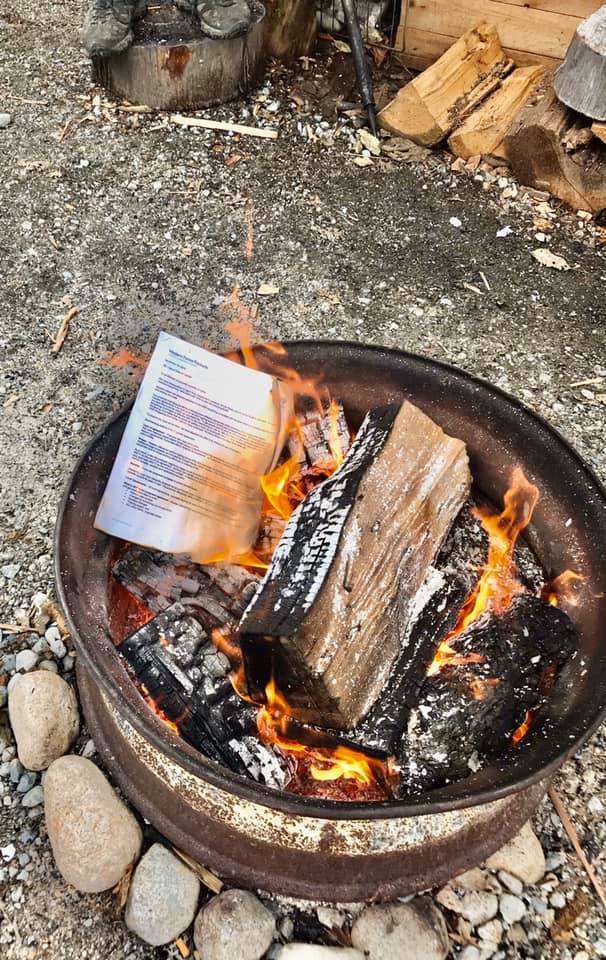The chances of ending the coastal forestry workers strike would seem to be bleak.
The mediators in talks between Western Forest Products and the Steelworkers Union have left the table. Vince Ready and Amanda Rogers say they pulled out of the talks because the two sides remain far apart and unwilling to change their positions.
The mediators held separate meetings with the company and union representatives on Sunday and Monday. Western Forest Products’ workers have been on strike since July 1st of last year. The more than seven-month-long strike involves 3,000 workers at Western’s sawmill and timberland operations.
Both sides of the labour dispute have commented on this turn of events.
WFP president and CEO, Don Demens, said the company is “disappointed that despite previous proposals offering superior wage and contract provisions to what the USW and the forest sector have agreed to throughout British Columbia, we have been unable to reach a negotiated settlement.”
“We will continue to explore all options available to bring an end to the prolonged USW strike and have reached out to the Ministry of Labour to seek clarification on next steps,” he added.
Demens said the company recognizes “the profound impact” the strike is having on its employees, contractors, as well as their families and communities.
“We remain committed to reaching a fair and equitable agreement that recognizes the important contributions of our employees, while maintaining the sustainability of our business so that we can continue to serve our customers who, through their purchases, support thousands of jobs in communities on the coast of British Columbia,” Demens said.
Meanwhile, the union says that it’s “clear to the USW (Local 1-1937) that WFP’s refusal to move off their concessions and change any of their positions led to the frustration of the mediators and their decision to withdraw.”
“Our bargaining committee was made aware that WFP CEO Don Demens joined WFP’s bargaining committee meeting on February 2nd,” it continued.
“We learned that Demens repeated to the mediators, WFP’s desire to gain concessions on contracting out of our members’ jobs. This unwarranted concession is something that our members will never agree to.”
The union pointed out that “without this provision, WFP made record earnings in the many years leading up to the current round of bargaining.”
USW Local 1-1937 1st Vice President, Rick Nelson, said that it’s “truly unfortunate that WFP has put corporate greed over our members’ right to have safe and secure jobs. It is clear to the Union that WFP’s refusal to move on a single issue dating back to November is at the centre of the mediators’ withdrawal.”
Nelson added that WFP’s contracting out and other concessions are added to their repeated refusal to address its members’ serious health and safety issues related to WFP’s fatigue-inducing alternate shifts.
“As well WFP continues to insist on subjecting workers to a drug and alcohol policy that workers strongly believe is discriminatory and stands far apart from the policies adopted by other companies in the forestry industry,” Nelson said.
“The combination of these issues we believe will lead to serious injury and death if they are not resolved in bargaining.” Nelson said that workers “have the right to a safe and secure job.”
“This is paramount for any worker and our members are no different. The union believes that no worker should be subjected to this increased risk of serious injury or death that comes with how WFP schedules and treats its workforce.”
USW Local 1-1937 president, Brian Butler, said the union remains prepared and committed to the bargaining process every day and “are open to meeting with WFP’s bargaining committee at any time in order to reach a fair collective agreement.”
“The union will be reaching out to WFP’s new bargaining committee to see if they will agree to resume bargaining,” Butler added.






